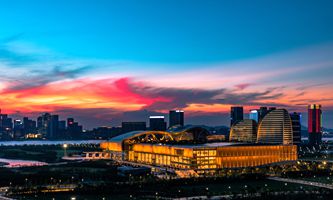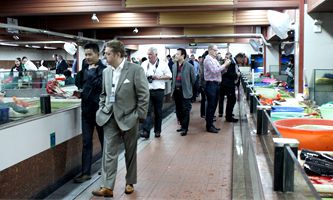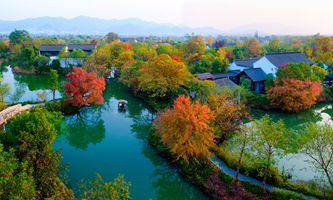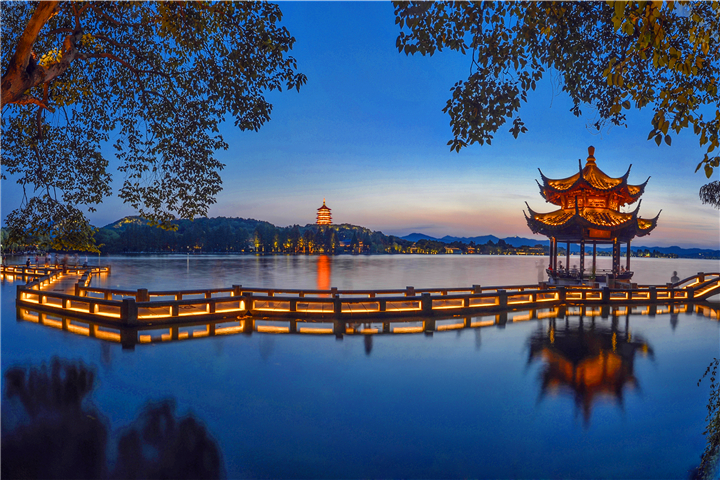Hangzhou furthers its ‘sponge city’ construction
Hangzhou will embark on 100 projects this year as part of its mission to construct a sponge city, an official with Hangzhou municipal commission of urban-rural development said on June 11.
A sponge city with permeable roads or spaces can soak up rainwater into the ground to reduce flood risks and store it up for reuse. Associated techniques include permeable roads, rooftop gardens, rainwater harvesting, rain gardens, ponds and lakes.
The 100 projects will cover a variety of fields across the city, including in housing estates, roads and parks in the 13 districts, counties or county-level cities of Hangzhou.
“To advance the construction of a sponge city, it is more than just implementing the techniques in one certain field,” said one official of Hangzhou municipal sponge city office. “The main idea is to apply the techniques to all kind of infrastructure construction projects, like urban village renewal or river comprehensive management.”
Beicheng Park in Hangzhou’s Jianggan district and Zhijiang Cement Plant Relic Park in Hangzhou’s Binjiang district are two such examples of where the sponge city will be put into place.
Both of them will adopt techniques such as a grass drainage swale, permeable roads, and a rainwater harvesting system. Beicheng Park will also set a 200-cubic-meter rainwater storage tank while Zhijiang Cement Plant Relic Park will build special facilities for drainage and water storage.
With these measures, Beicheng will have the capacity to control 95 percent of its annual surface runoff and Zhijiang 89 percent, making them more environmentally friendly, adaptive to the environmental changes and reducing flood risks.
Dongxing Road in Hangzhou’s Tonglu county, Zhenzhu North Road in Chun’an county, and Xindian Road and Baisha Road in Jiande, will also use the techniques to fulfill Hangzhou’s goal of building a comprehensive sponge city.




